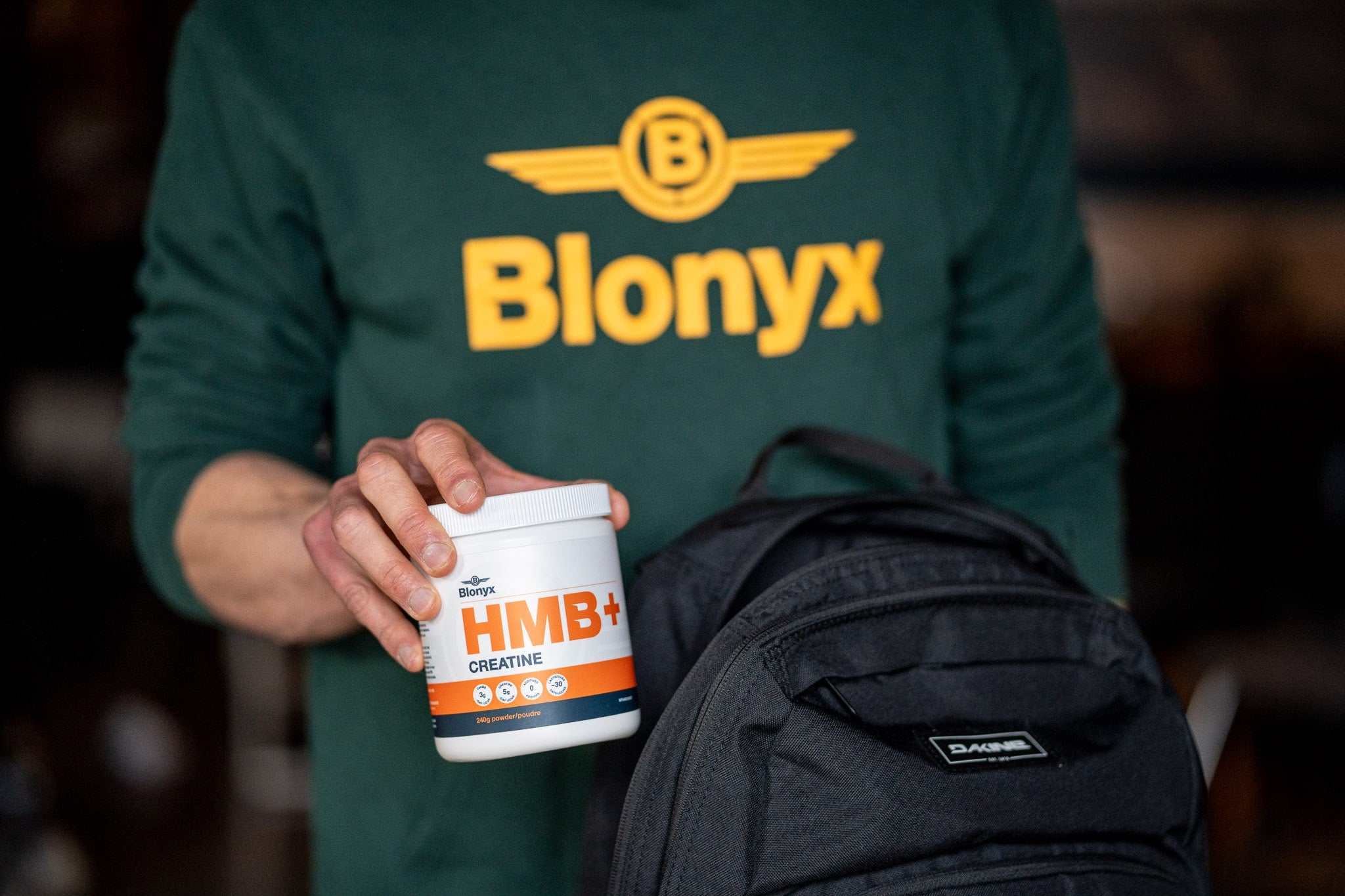Welcome to our weekly summary of the latest research from the world of sports nutrition.
In this week’s summary:
The Effectiveness of Pre-workout Containing Creatine on Aerobic Performance

In this study, researchers examined the impact of a four-week pre-workout supplement regimen on well-trained basketball players. The supplement included caffeine, creatine, β-alanine, citrulline malate, and BCAAs, while the placebo was maltodextrin. The study aimed to assess the effects on various performance metrics, body composition, and muscle health markers. Results showed that the supplement significantly improved aerobic performance but did not prevent the decline in anaerobic power (like sprinting and jumping abilities). There were no significant changes in body composition or muscle damage markers between the supplement and placebo groups. Overall, the supplement enhanced aerobic capacity but didn't affect other performance areas or muscle health indicators.
Our thoughts: Other studies have shown that creatine can increase glycogen stores in the body. This could assist in aerobic performance in high-intensity, game-like sessions, which can drain muscle glycogen rapidly.
The Impact of Whey Protein on Muscle Mass and Functional Rehabilitation

This study investigated the effects of whey protein supplementation on muscle recovery and function in patients who underwent total knee arthroplasty (TKA). Seventy-two patients were randomly assigned to either an experimental group, which received whey protein daily for 12 weeks, or a control group, which received a placebo. Both groups participated in standard rehabilitation training. By the end of the study, 62 patients had completed the trial. Results indicated that while all patients experienced improvements in muscle strength, pain levels, range of motion, knee functionality, and leg circumference, those in the whey protein group showed significantly greater improvements in these areas compared to the control group. This suggests that whey protein, combined with rehabilitation, can significantly enhance muscle mass and functional recovery in post-TKA patients.
Our thoughts: Protein is obviously needed to repair muscle tissue. Was this benefit specific to whey protein, or simply due to an increase overall in protein availability? I want to see this repeated with everyone consuming the same amount of protein but from other protein sources in addition to whey, like the egg white protein in our Egg White Protein Isolate. It's the only way you can explicitly conclude the benefit is down to whey protein... or not.
The Effects of Mealworm Protein on Exercise-induced Muscle Damage

This study examined whether a 12-week supplementation of lesser mealworm protein could reduce exercise-induced muscle damage (EIMD) in older adults compared to whey protein and a placebo. Seventy active adults over 60 years old were randomly assigned to one of the three groups and took their respective supplements for 11 weeks before and during a 3-day long-distance walking challenge. Researchers measured markers of muscle damage, handgrip strength, and muscle soreness before and after the exercise. Results showed that all participants experienced significant increases in muscle damage markers and muscle soreness, and a decrease in handgrip strength after the exercise. However, there were no differences in these effects among the groups. Thus, lesser mealworm protein did not reduce muscle damage compared to whey protein or a placebo.
Our thoughts: This is an interesting study, but I’m not we’re not sure if we would ever consider a mealworm-based protein powder, even if it worked.
That’s all for this week. We hope you learned something new that you can incorporate into your training! If you want to know more about the latest in sports nutrition, head to our blog and check out our list of weekly research summaries.
— Train hard!

